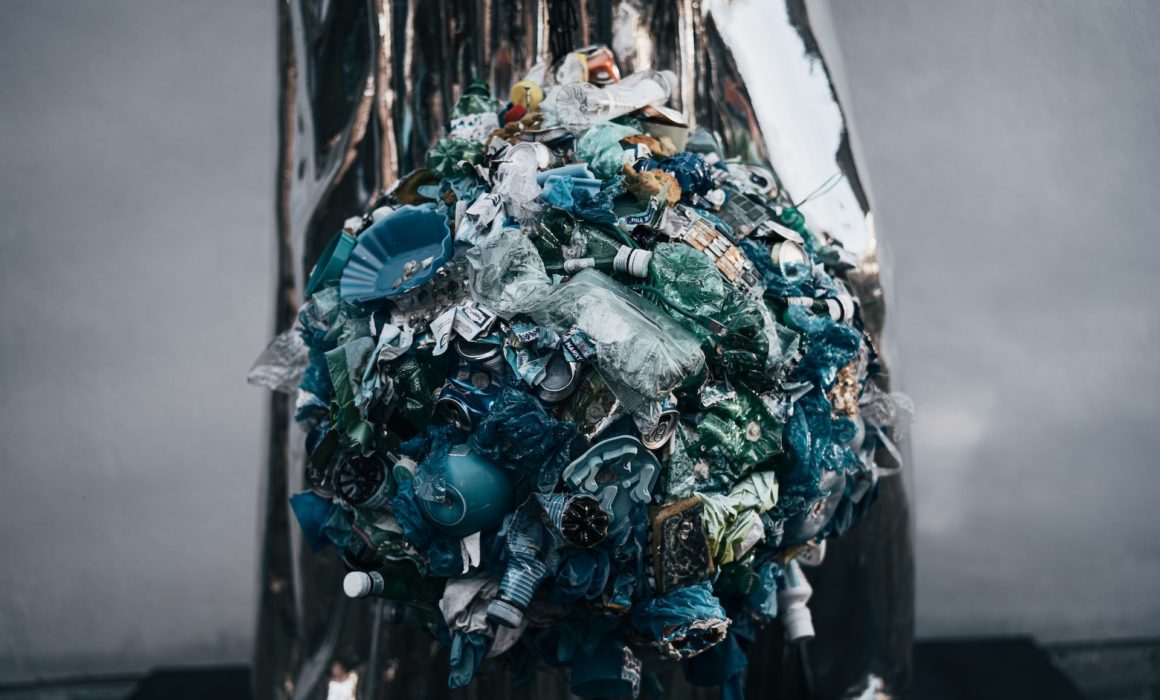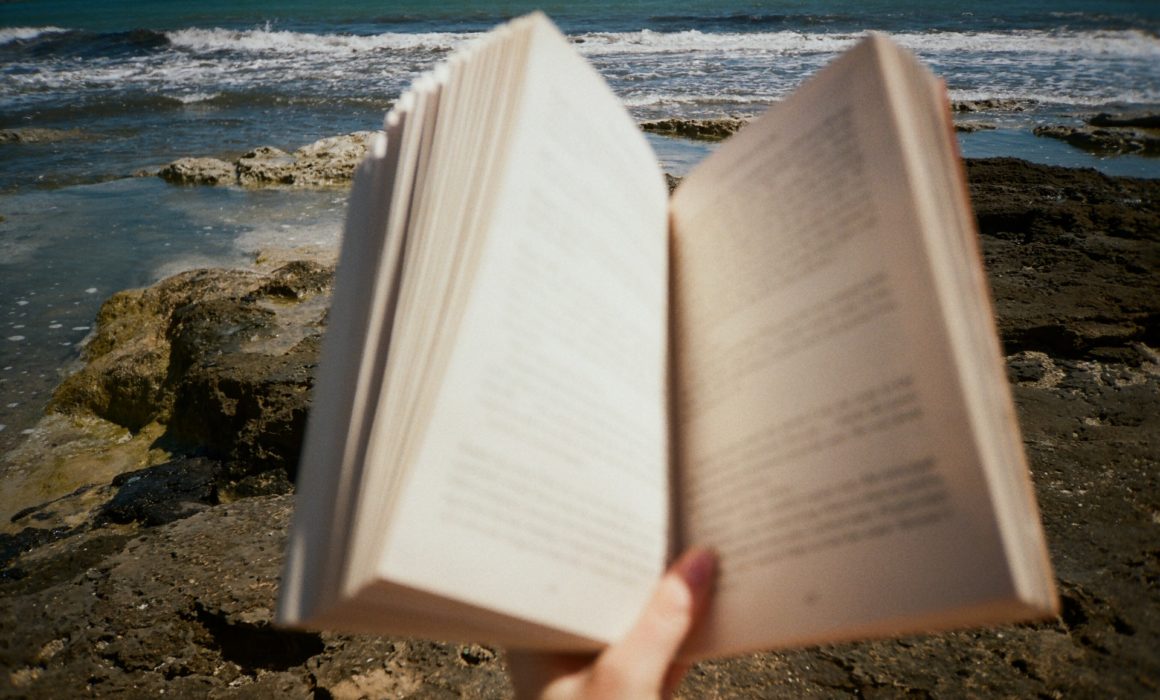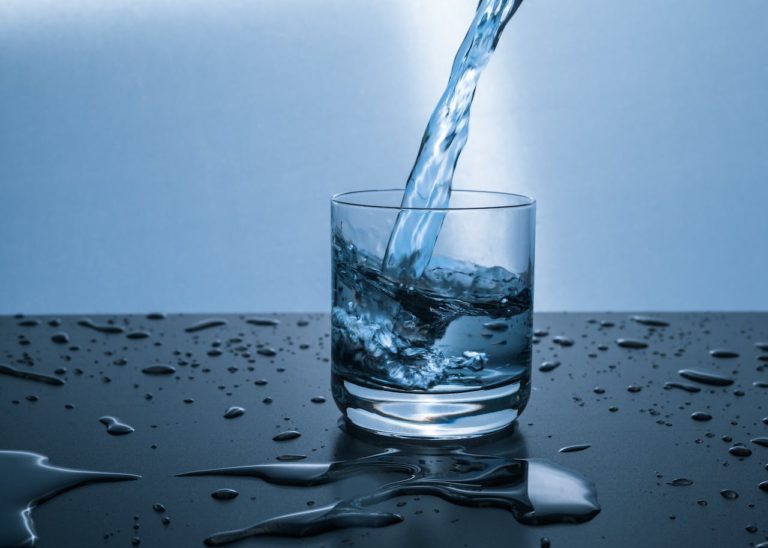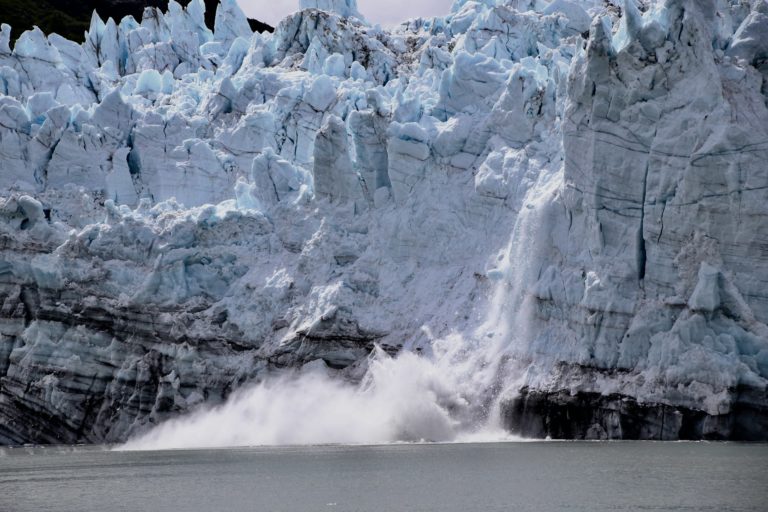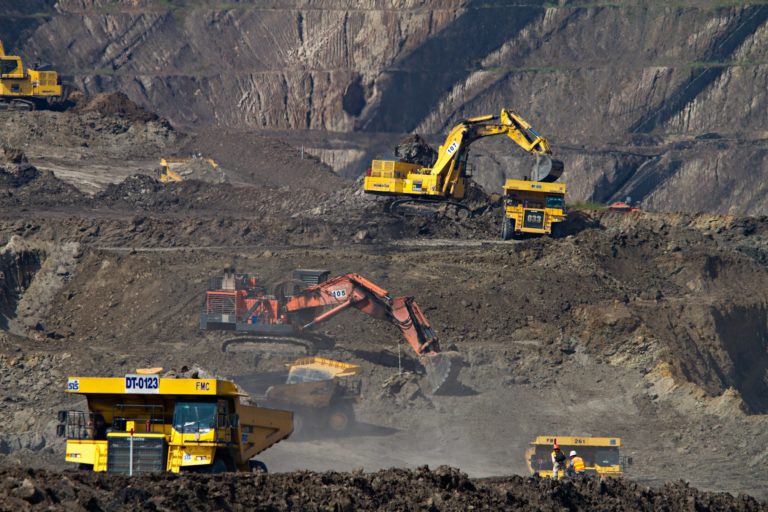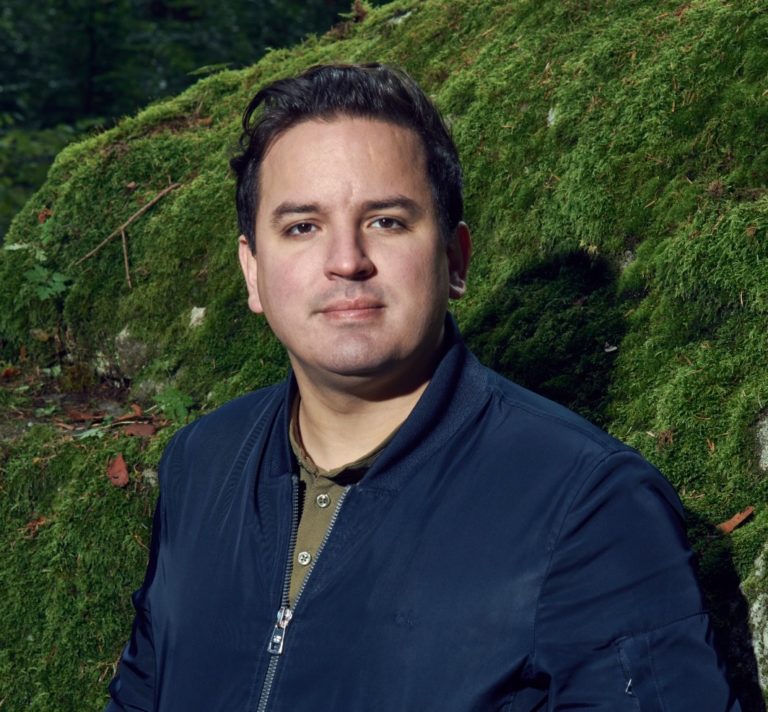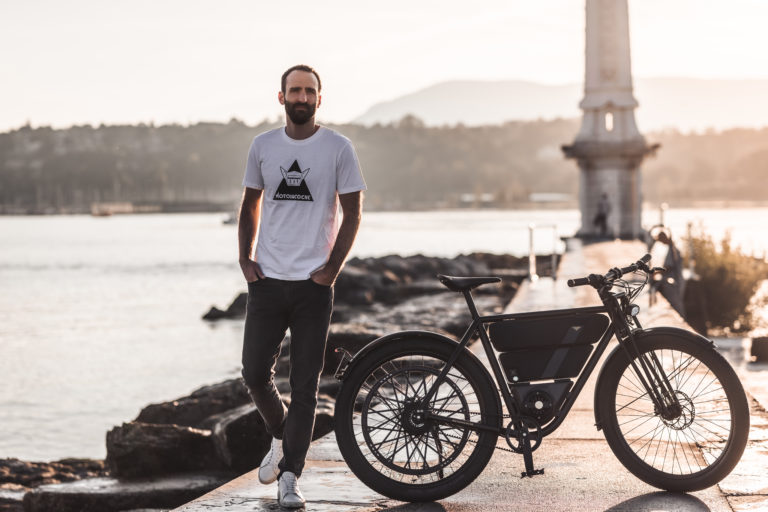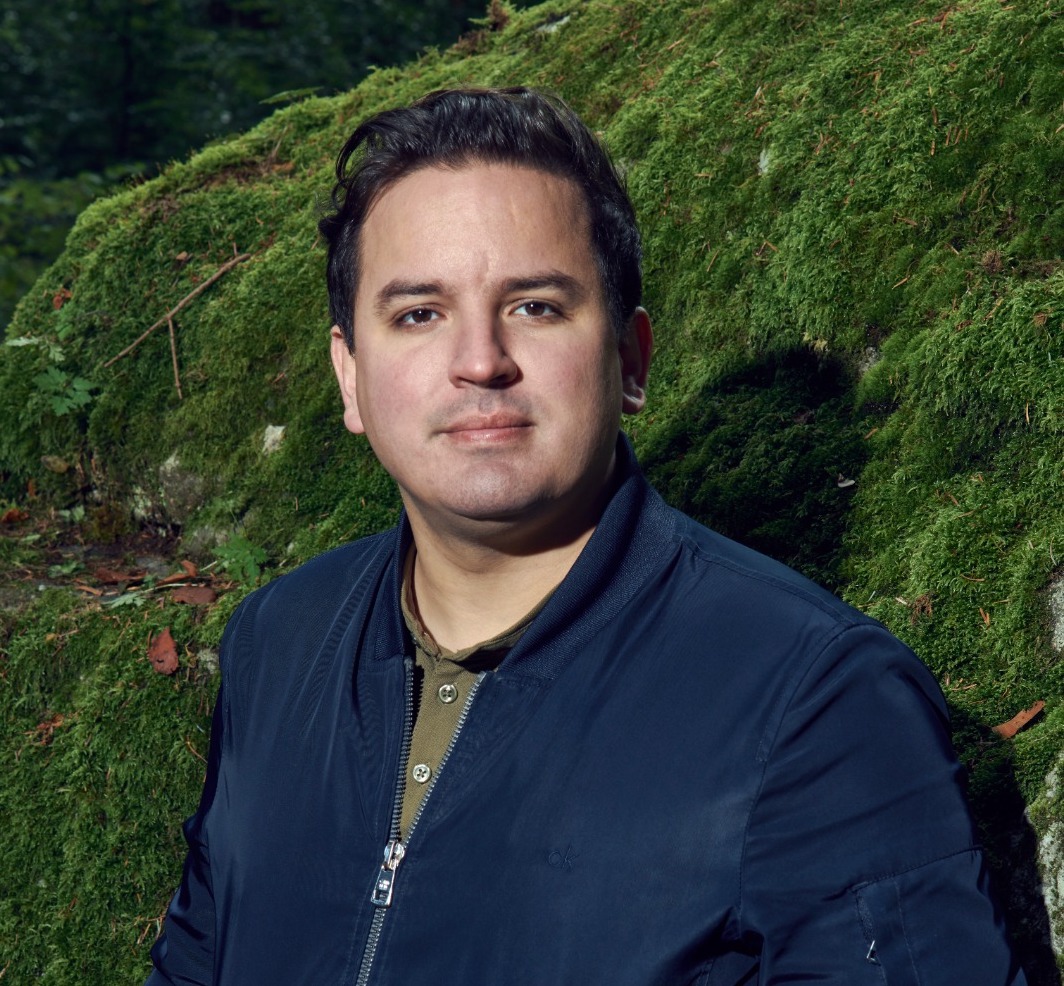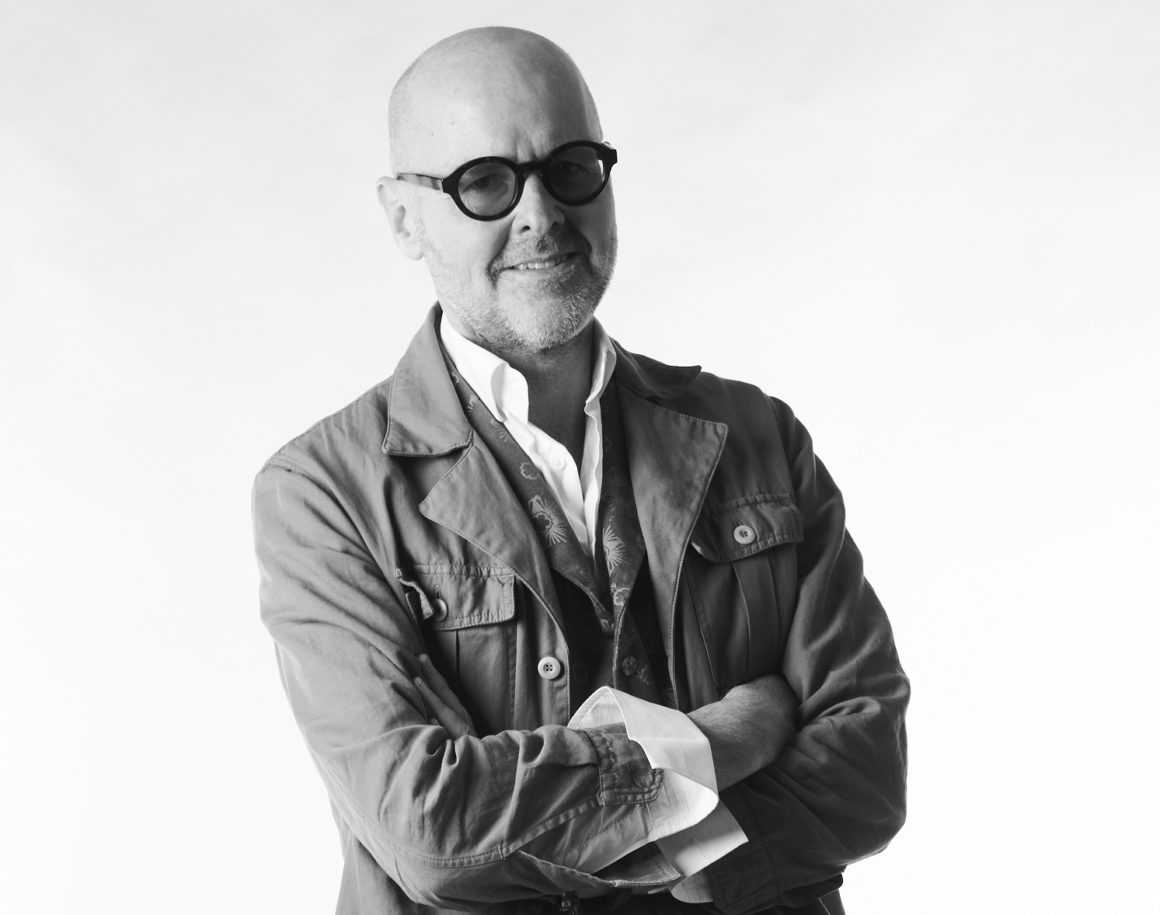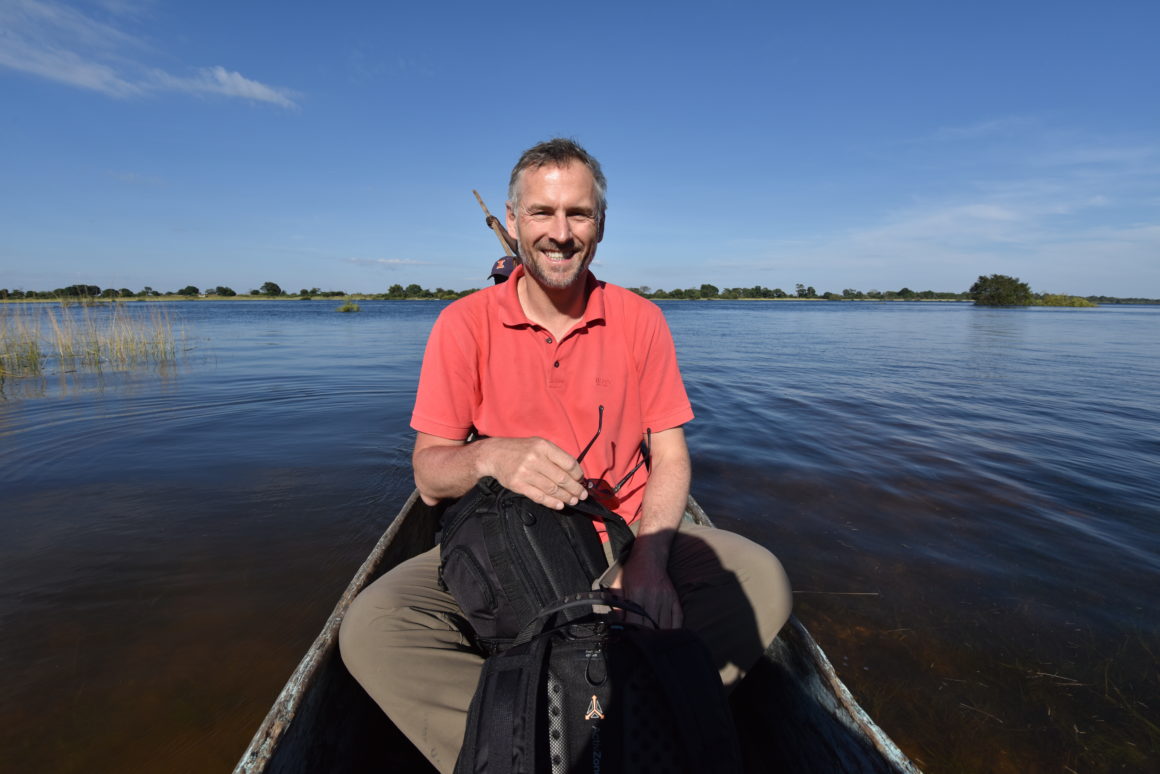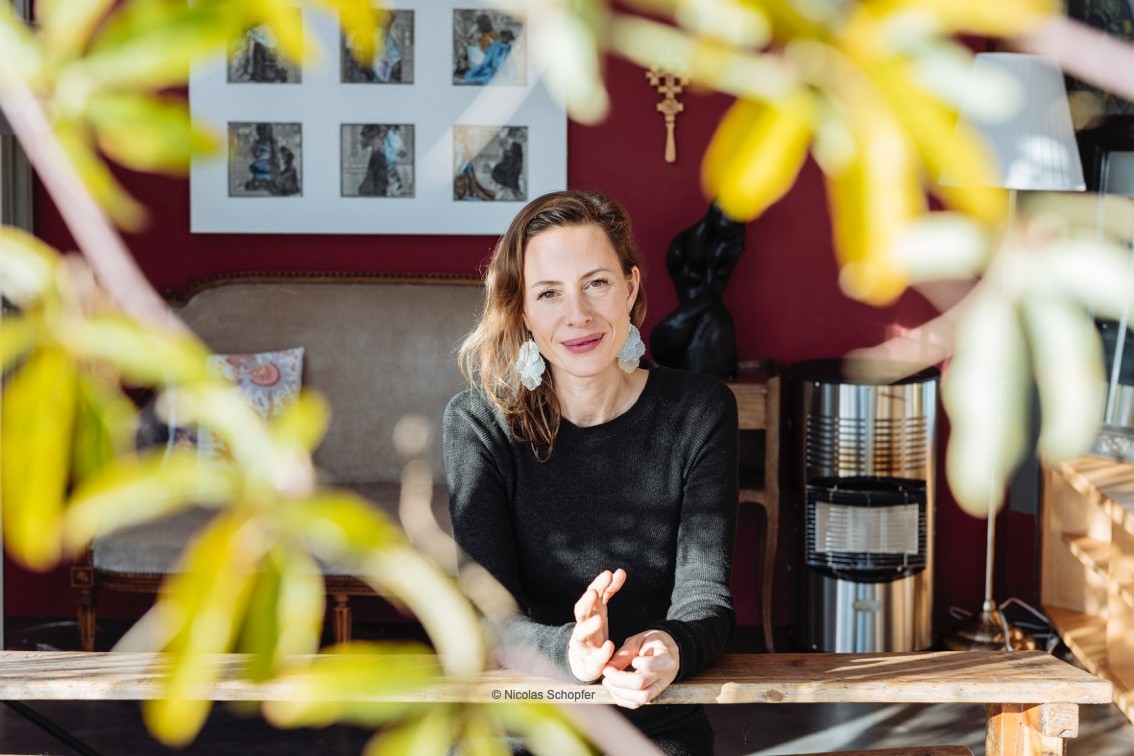A groundbreaking UN report, examined by the Guardian, predicts a 60% increase in global extraction of raw materials by 2060, with serious repercussions for the climate and environment, exacerbated by industrialization, urbanization and population growth. Pointing out that such extraction is already a major cause of global warming, air pollution, water stress and biodiversity loss, the report stresses the need to reduce overall demand for resources rather than focusing solely on increasing green production. It suggests measures such as teleworking, improved local services and low-carbon transport options as alternatives for meeting mobility needs while minimizing environmental impact. By focusing on “systemic resource efficiency”, the report aims to promote equity and significantly reduce greenhouse gas emissions, marking a holistic approach to tackling the climate crisis, biodiversity loss and pollution by reducing resource consumption.

